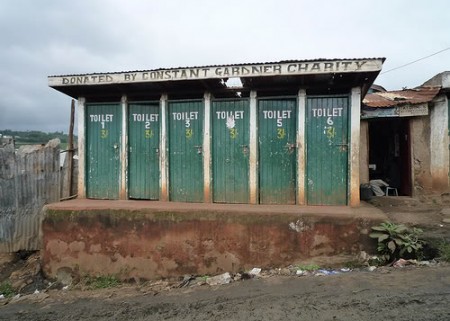
DROP4DROP Africa Development Projects 2015
Since Drop4Drop was founded in 2006, our projects have primarily taken place in India in many different locations. In 2011, we branched out to Zambia but we have high hopes for 2015 in helping more African countries; specifically Mozambique, Uganda and Kenya. Despite improvements, many communities from these three countries are still suffering from water contamination and poor sanitation. Without the elevation of standards of water and sanitation, these communities will be unable to develop and flourish. As you read this, drop4drop charity coordinator Sam is on his way to these three countries to research and see what can be done. In Mozambique, 9,000 children die every year from unsafe water which is approximately 55 children a day. Only 26% of the rural population of Mozambique have access to clean water and 29% to latrines, leading to a majority of people having to go to the toilet outside of a healthy and hygienic space, contributing massively to the chronic waterborne diseases such as chronic cholera and diarrhea. Waterborne diseases are often preventable through access to clean water and sanitation.
Uganda also suffers from a high child mortality rate related to unsafe water; 12,000 children die from diarrhea ever year in Uganda. There is a very low ratio of toilets to people in Kampala, in the Kifumba slum for example there is only one toilet for every 4,000 people which leads to the common practice of open defecation.. At one particular school just outside the capital there are only four toilets for 2,000+ students, some of which do not have doors on and boys and girls have to share them. Many female students have reported that the lack of toilets in the school means that they cannot attend school while she is menstruating because of the terrible condition of facilities available. Not only does this lack of facilities negatively affect children’s health, but also their education is compromised. Surprisingly, Uganda has a significant supply of freshwater available, roughly 66km^3 of renewable water per year. However, the distribution of this freshwater is compromised due to population growth, agriculture, industrialization and urbanization.
Whilst, in Kenya there is affluence in many cities, there are still communities that do not have access to safe, clean drinking water. Additionally, due to urbanization, any slum dwellers in the city are driven to rural areas of the country where there is extremely limited access to safe water and no sanitation schemes. The poor are driven out of the city and forced to live without access to fresh water or sanitation. Water contamination is also a big problem in Kenya in that not only is the water contaminated at the source in the basins and pumps, but when locals have to transport that water they very often use ‘second hand’ objects that are found near dustbins which could have previously carried oil, fertilizer or other waste.
The Kibera slums in Kenya host one million people, and happens to be the biggest slum in all of Africa. Water must be collected from the Nairobi dam, 6km away and approximately an hour and fifteen minutes to walk, however, the waste from the slum’s latrines gets dumped into the river, which inevitably ends up flowing into the Nairobi dam. Contracting cholera, typhoid or diarrhea is not uncommon. Water kiosks have been set up in the Kibera area, but the poor are very poor, and cannot afford to pay 3 Kenyan Shillings (KSH) for 20 litres. As anywhere in the world, when a shortage of something occurs, the price rises significantly so the people of the Kibera slum have no choice but to drink contaminated water. There are some political complexities in the mix here though; a suspected water ‘mafia’ is known to exist who create artificial water shortages for high profit causing more and more Kenyans to drink contaminated water.
The situation in many African countries is complex and drop4drop are beginning to build an idea of what we can do. However, water is the foundation for development and empowerment and drop4drop will work together with local communities to ensure that we can work towards access to clean water for all.

